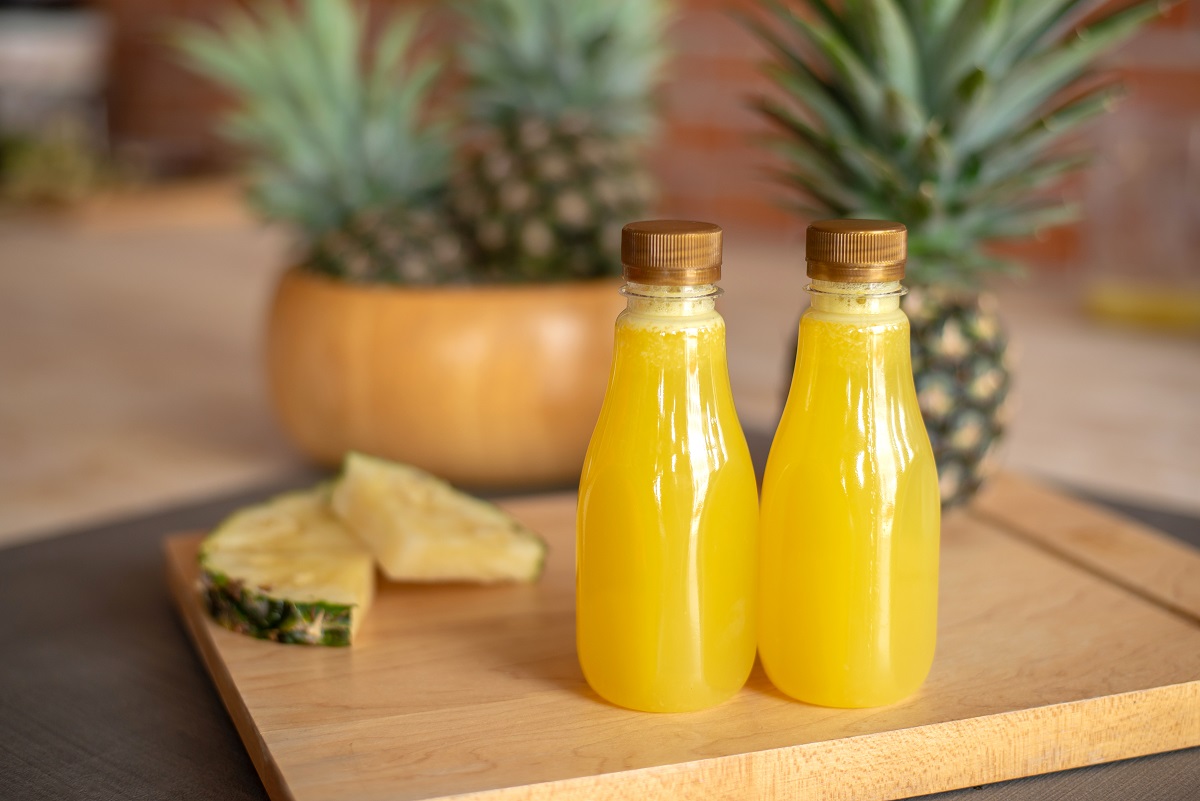

Articles
How To Store Pineapple Juice
Modified: February 27, 2024
Discover helpful tips and tricks on how to store pineapple juice in this informative article. Learn the best methods to keep your pineapple juice fresh and delicious for longer.
(Many of the links in this article redirect to a specific reviewed product. Your purchase of these products through affiliate links helps to generate commission for Storables.com, at no extra cost. Learn more)
Introduction
Pineapple juice is a delicious and refreshing beverage that can be enjoyed on its own or used as an ingredient in various recipes. Whether you have freshly squeezed pineapple juice or store-bought, proper storage is crucial to maintain its flavor and freshness. By storing pineapple juice correctly, you can prevent spoilage and extend its shelf life.
In this article, we will guide you on how to store pineapple juice to ensure its quality and taste for an extended period. From the proper storage temperature to choosing the right container, we will cover all the essential aspects you need to know.
So, let’s dive into the details and learn how to store pineapple juice like a pro!
Key Takeaways:
- Proper storage temperature is crucial for maintaining the freshness of pineapple juice. Refrigerate at 32-40°F for short-term storage, and freeze for long-term preservation to enjoy its delicious flavor for an extended period.
- Choosing the right container and removing air from it are essential for preserving the quality of pineapple juice. Opt for glass or food-grade plastic containers, and use vacuum sealers or plastic wrap to prevent oxidation and maintain freshness.
Read more: How To Juice Pineapple With A Juicer
Proper Storage Temperature
The first step in storing pineapple juice correctly is to ensure that you maintain the proper storage temperature. Pineapple juice should be stored at a temperature below 40°F (4°C) to prevent bacterial growth and maintain its freshness.
If you have freshly squeezed pineapple juice and plan to consume it within a day or two, you can store it in the refrigerator at a temperature between 32°F (0°C) and 40°F (4°C). This will help slow down the enzymatic activity and maintain the flavor of the juice.
For long-term storage, it is recommended to freeze pineapple juice. Freezing not only helps to extend the shelf life of the juice but also preserves its nutrients and taste.
So, remember to always keep your pineapple juice refrigerated or frozen to ensure its quality and longevity.
Choosing the Right Container
When it comes to storing pineapple juice, selecting the right container is essential to maintain its freshness and prevent contamination.
It is best to use a container specifically designed for liquids, such as glass or food-grade plastic containers. These containers are inert and do not react with the juice, ensuring that its taste remains unaffected.
Avoid using containers made of metal as they can leach into the juice and alter its flavor. Additionally, metal containers may also cause the juice to oxidize more quickly.
Ensure that the container has a tight-sealing lid or cap to prevent air from entering. Exposure to air can lead to oxidation, which can degrade the quality of the juice over time.
If you are using a plastic container, make sure it is BPA-free to avoid any harmful chemicals leaching into the juice.
Remember, choosing the right container is crucial for maintaining the quality and flavor of your pineapple juice throughout its storage period.
Removing Air from the Container
When storing pineapple juice, it is important to remove as much air as possible from the container. This helps to prevent oxidation and maintain the freshness of the juice.
One of the easiest ways to remove air is by using a vacuum sealer. Vacuum sealers create an airtight seal around the container, removing excess air and preventing oxidation. This method is highly effective in prolonging the shelf life of pineapple juice.
If you don’t have a vacuum sealer, you can use an alternative method. Fill the container with pineapple juice, leaving some headspace at the top. Place a plastic wrap directly on the surface of the juice, ensuring there are no air bubbles. Then, tightly seal the container with its lid or cap.
By minimizing the contact of pineapple juice with air, you can prevent the juice from turning brown and losing its vibrant flavor.
Remember, removing air from the container is crucial for maintaining the quality and freshness of the pineapple juice.
Freezing Pineapple Juice
Freezing pineapple juice is an excellent way to extend its shelf life while preserving its flavor and nutrients. Here are the steps to freeze pineapple juice:
- Start by pouring the pineapple juice into a freezer-safe container, leaving some space at the top for expansion.
- Seal the container tightly to prevent any air from entering. This will help maintain the quality of the juice while it is frozen.
- Label the container with the date of freezing to keep track of its freshness.
- Place the container in the freezer, making sure it is stored upright to prevent leakage.
- It is important to note that the texture of pineapple juice may change slightly after freezing and thawing. The juice may become slightly thicker or separated. Give the juice a good shake or stir before consuming to blend it back together.
Pineapple juice can be stored in the freezer for up to 6 months. Remember to thaw the frozen juice in the refrigerator overnight or under cold water before consuming.
By freezing pineapple juice, you can have a stock of this delicious beverage ready to enjoy whenever you crave it. It is also a great option if you have surplus pineapple juice that you want to preserve.
So, don’t hesitate to freeze your pineapple juice and enjoy its refreshing flavor even after an extended period of time!
Store pineapple juice in a tightly sealed glass or plastic container in the refrigerator. It should be consumed within 5-7 days for the best quality and flavor.
Read more: How To Make Pineapple Juice With Blender
Refrigerating Pineapple Juice
Refrigerating pineapple juice is a convenient option if you plan to consume it within a few days. Here’s how to properly refrigerate pineapple juice:
- First, transfer the pineapple juice into a clean, airtight container.
- Ensure that the container is tightly sealed to prevent any air from entering. This helps to maintain the freshness of the juice and prevent it from absorbing any odors from the refrigerator.
- Place the container in the refrigerator, ideally in the coldest part, such as the back or bottom shelf.
- It is important to note that once opened, pineapple juice should be consumed within 3-4 days to ensure its optimal taste and quality. Beyond that time frame, the juice may start to lose its flavor and become more susceptible to spoilage.
- Before consuming refrigerated pineapple juice, give it a quick shake or stir to ensure that any natural sediment or pulp is evenly distributed.
By refrigerating pineapple juice, you can enjoy its refreshing taste and nutritional benefits throughout the week.
Remember to always store the pineapple juice in a clean container with a tight seal to maintain its freshness and prevent contamination.
So, make room in your refrigerator for some delicious pineapple juice that’s ready to be enjoyed whenever you crave a tropical treat!
Storing Pineapple Juice in Glass Bottles
If you prefer a more eco-friendly and sustainable option for storing pineapple juice, using glass bottles is a great choice. Here’s how to store pineapple juice in glass bottles:
- Start by thoroughly sterilizing the glass bottles and their lids. This can be done by boiling them in water for a few minutes or running them through a dishwasher cycle.
- Once the bottles are sterilized and dried, pour the pineapple juice into the bottles, leaving some headspace at the top to accommodate for expansion.
- Seal the bottles tightly with their lids to create an airtight seal. This will help maintain the freshness and quality of the juice.
- Label the bottles with the date of storage to keep track of their freshness.
- Store the glass bottles of pineapple juice in the refrigerator or freezer, following the appropriate guidelines mentioned earlier.
Storing pineapple juice in glass bottles has several advantages. Glass is inert, meaning it does not react with the juice, ensuring that its taste remains unaffected. Glass bottles also provide a good barrier against light, which can cause degradation of the juice over time.
Additionally, glass bottles are reusable and can be easily cleaned and sterilized for future use, making them an environmentally friendly choice.
So, if you prefer a sustainable storage option for your pineapple juice, consider using glass bottles. Not only will you enjoy the benefits of a clean and natural storage material, but you’ll also have a stylish and convenient way to store your juice.
Tips for Extending Shelf Life
To ensure the maximum shelf life of pineapple juice and maintain its quality, here are some tips to consider:
- Store pineapple juice in a cool and dark place away from direct sunlight. Exposure to light can cause the juice to degrade and lose its flavor.
- Always use clean and sterilized containers when storing pineapple juice to prevent contamination.
- If you have freshly squeezed pineapple juice, consume it within a day or two for the best taste and nutritional benefits.
- For store-bought pineapple juice, check the expiration date and consume it before it expires to ensure optimal freshness.
- Avoid storing pineapple juice in the refrigerator door, as the temperature fluctuates more frequently compared to the main shelves.
- When pouring pineapple juice from a container, use a clean utensil or dispenser to prevent introducing any bacteria or contaminants.
- Never store pineapple juice in open or unsealed containers, as it can lead to contamination and spoilage.
- If you notice any signs of spoilage, such as off odor, strange taste, or mold growth, discard the juice immediately.
- Regularly check the storage temperature of the refrigerator or freezer to ensure it stays within the recommended range.
- Consider freezing pineapple juice in smaller portions, such as ice cube trays, for convenient use in smoothies or as flavor enhancers for other beverages.
By following these tips, you can significantly extend the shelf life of pineapple juice and enjoy its refreshing taste for a longer period.
Remember, proper storage and handling are key to maintaining the quality and safety of pineapple juice.
Conclusion
Pineapple juice is a delicious and refreshing beverage that can be enjoyed on its own or used in various recipes. By following the proper storage techniques, you can ensure that your pineapple juice stays fresh, flavorful, and safe to consume for an extended period.
From maintaining the proper storage temperature to choosing the right container, each step plays a vital role in preserving the quality of the juice. Freezing pineapple juice is an excellent option for long-term storage, while refrigeration is suitable for shorter periods. Storing pineapple juice in glass bottles offers a sustainable and stylish alternative.
Removing air from the container and using clean and sterilized containers are essential practices to prevent oxidation and contamination. By following the recommended tips, you can extend the shelf life of pineapple juice and maintain its optimal taste and quality.
Whether you enjoy pineapple juice as a refreshing drink or use it as an ingredient in cocktails and recipes, it’s worth taking the time to store it correctly. By doing so, you can ensure that you always have a supply of fresh and flavorful pineapple juice on hand.
So, go ahead and store your pineapple juice like a pro and indulge in its tropical goodness whenever you desire!
Frequently Asked Questions about How To Store Pineapple Juice
Was this page helpful?
At Storables.com, we guarantee accurate and reliable information. Our content, validated by Expert Board Contributors, is crafted following stringent Editorial Policies. We're committed to providing you with well-researched, expert-backed insights for all your informational needs.
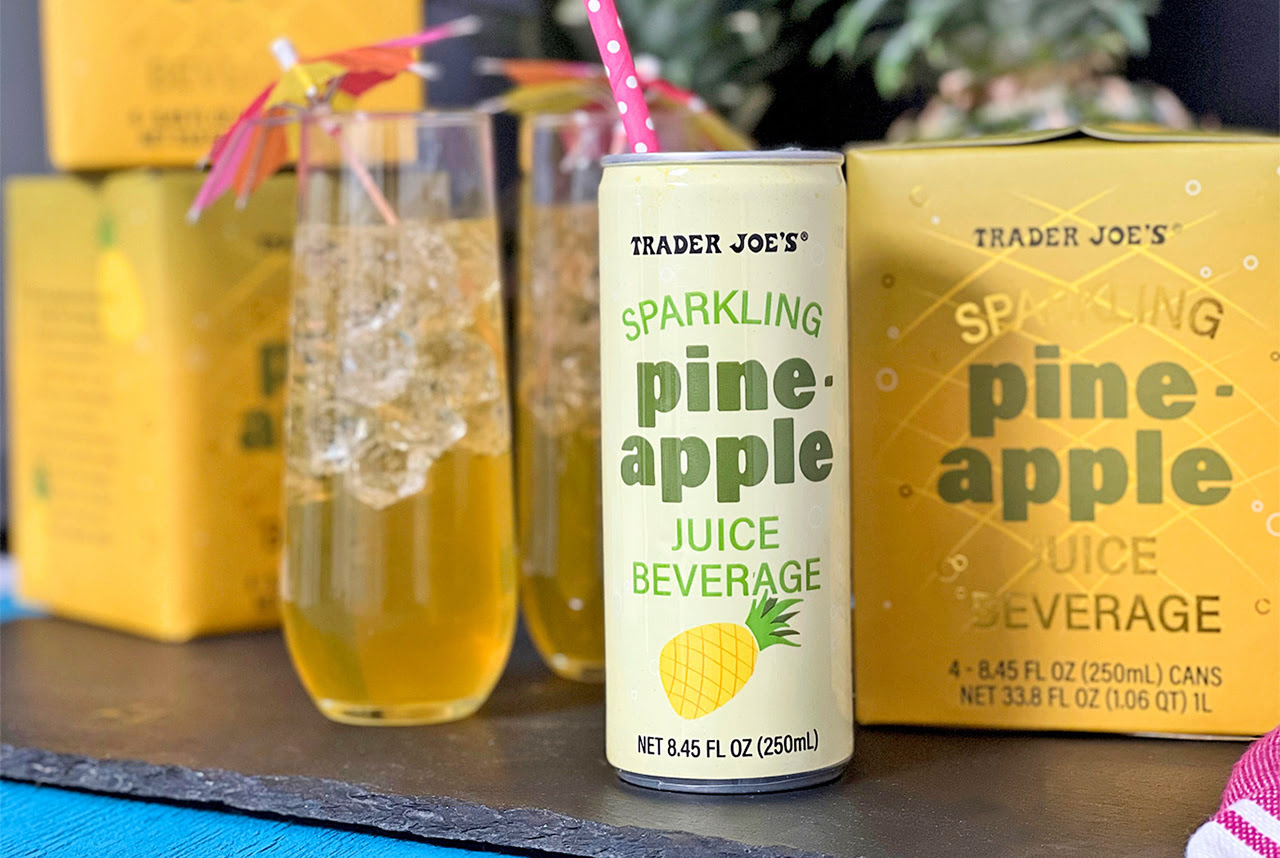
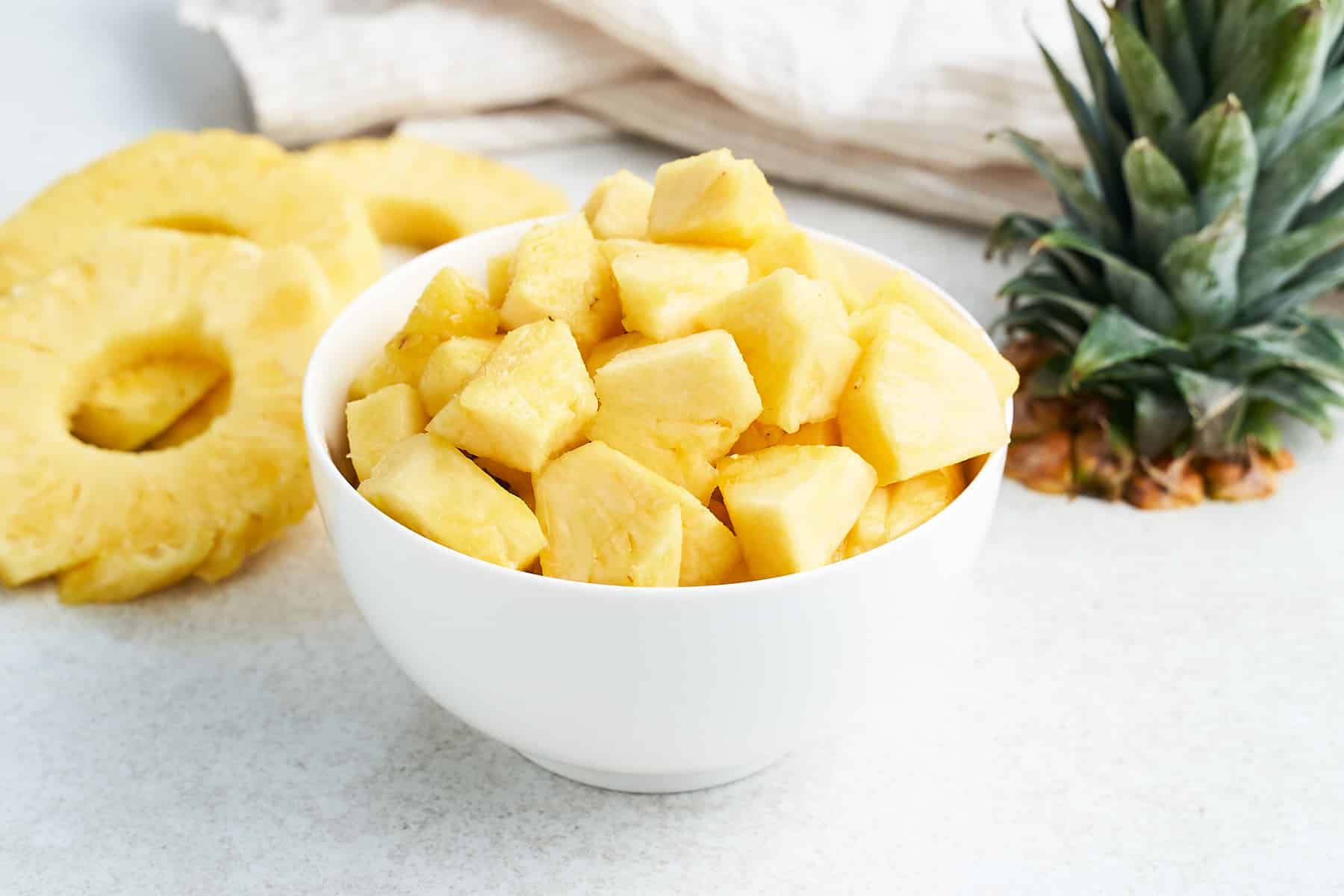
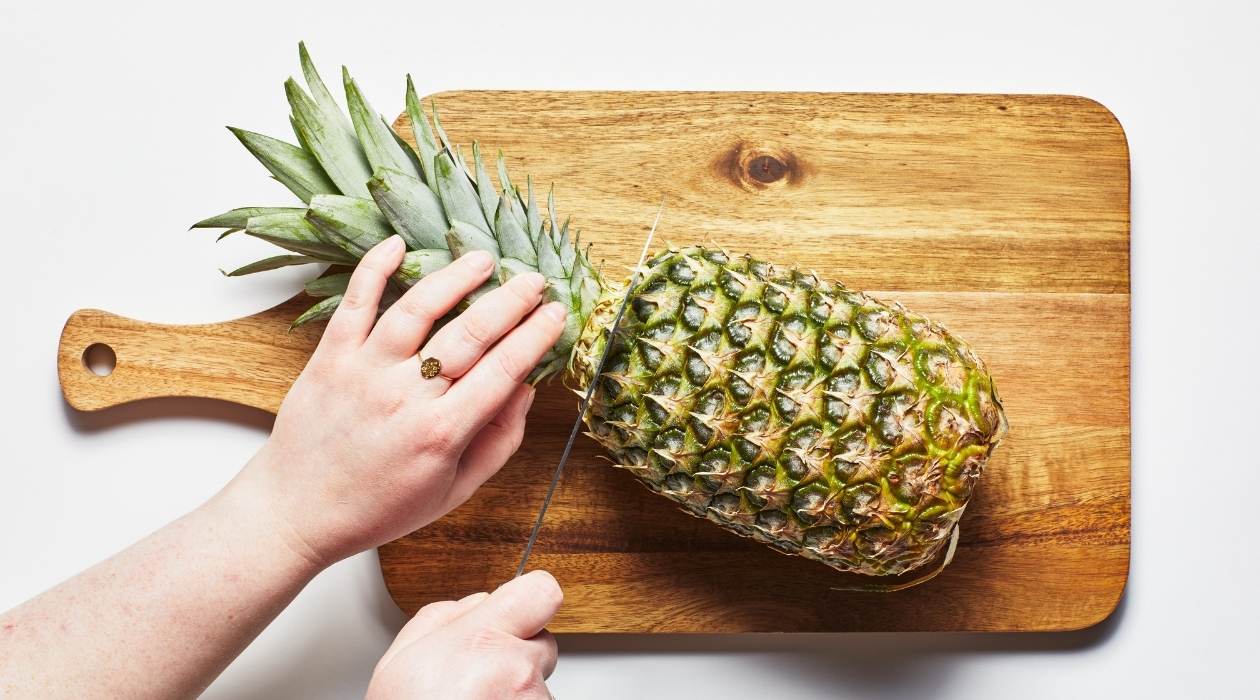
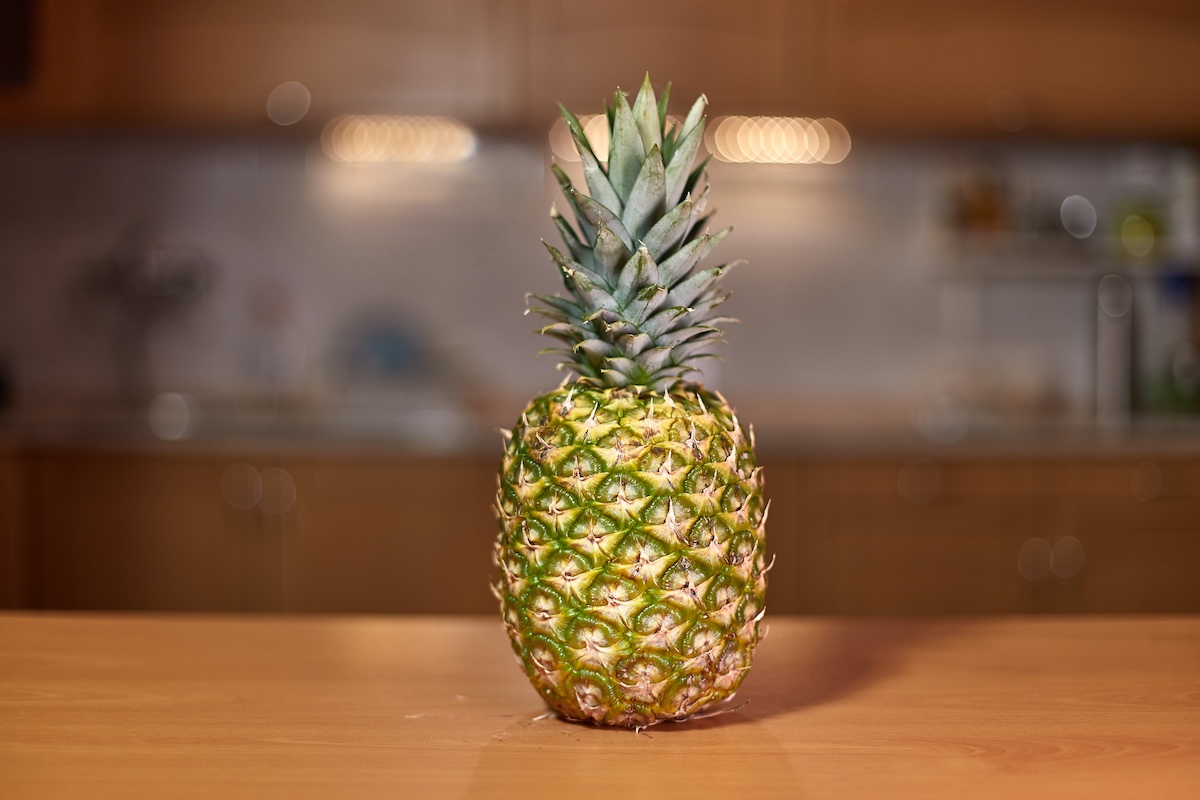
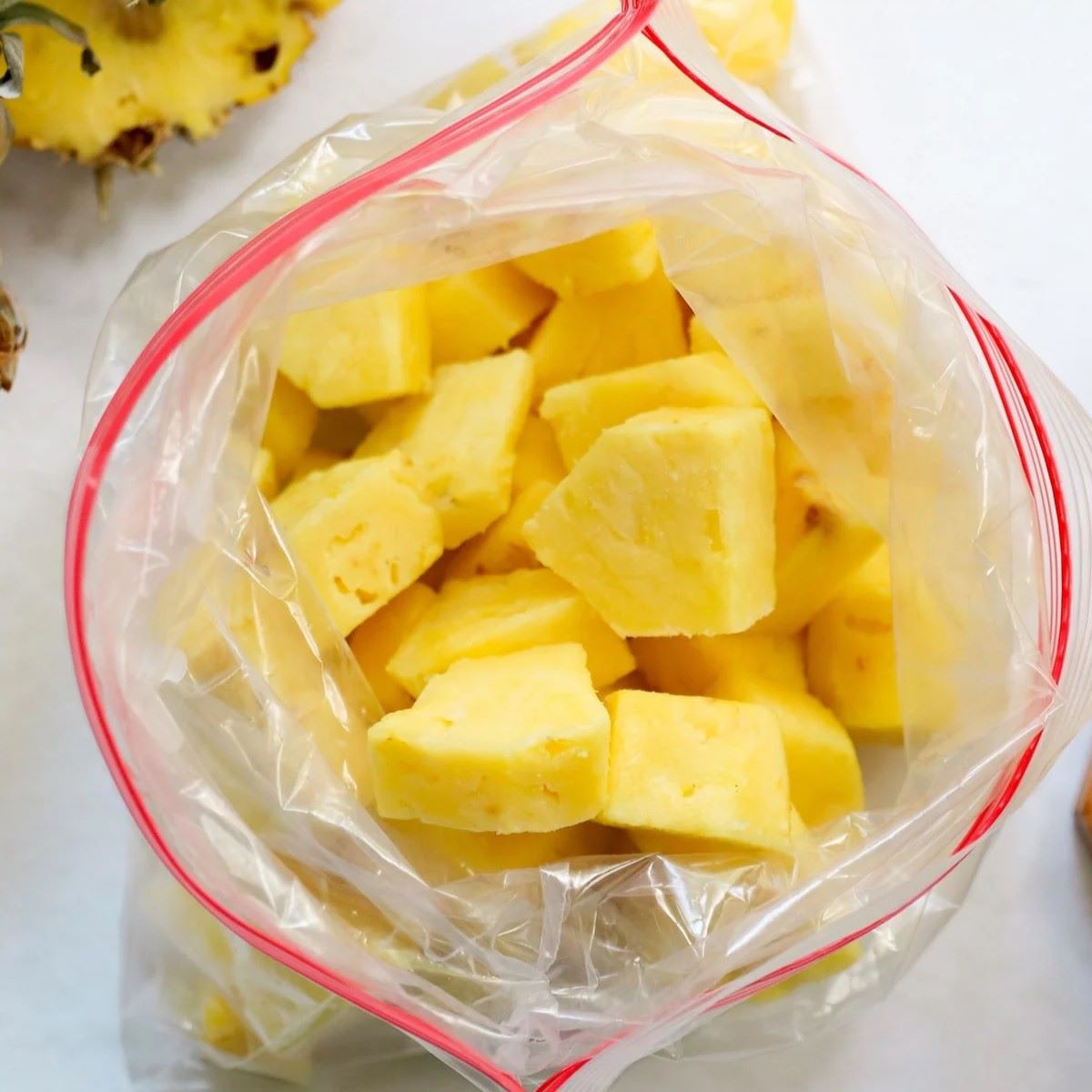
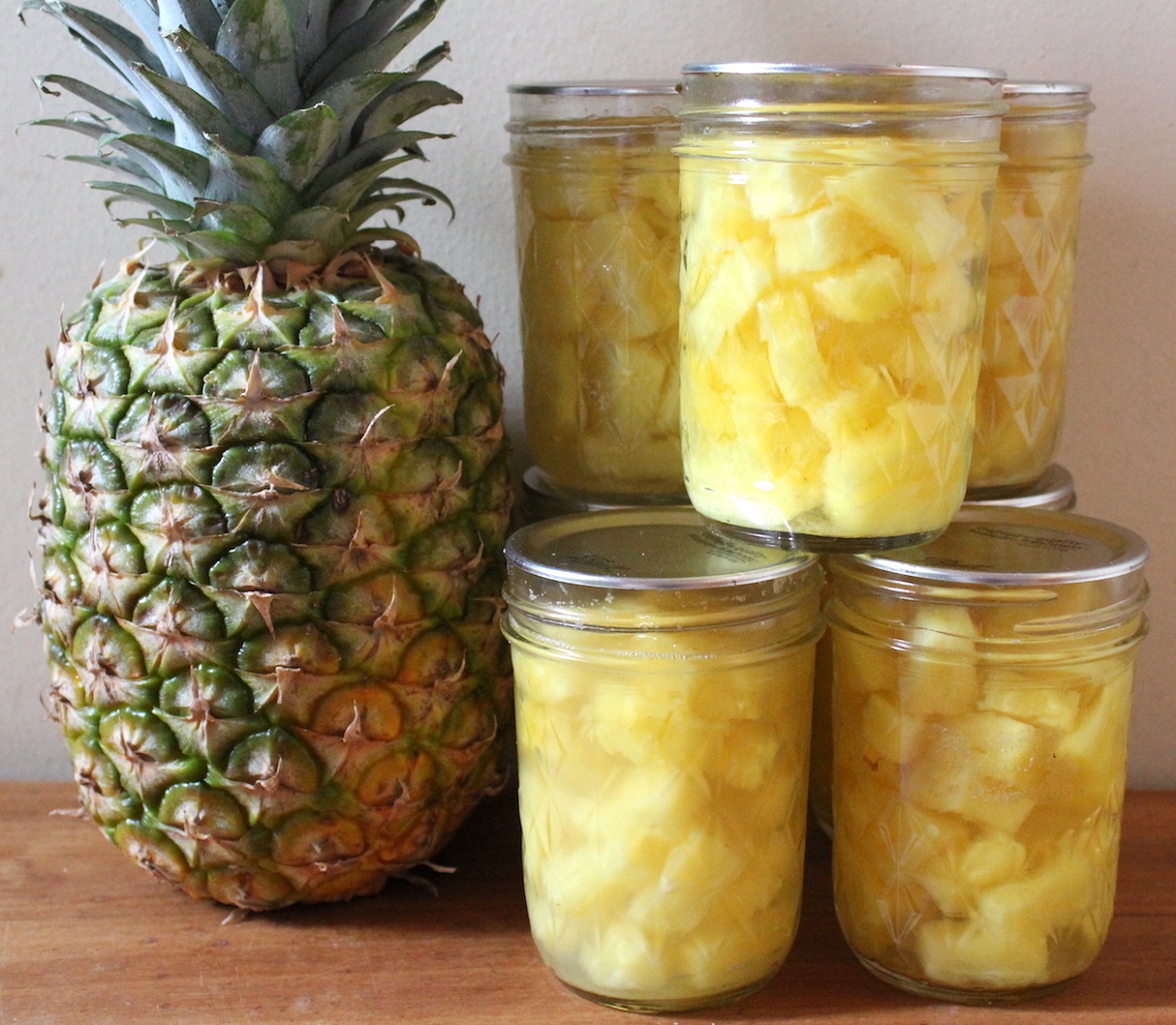

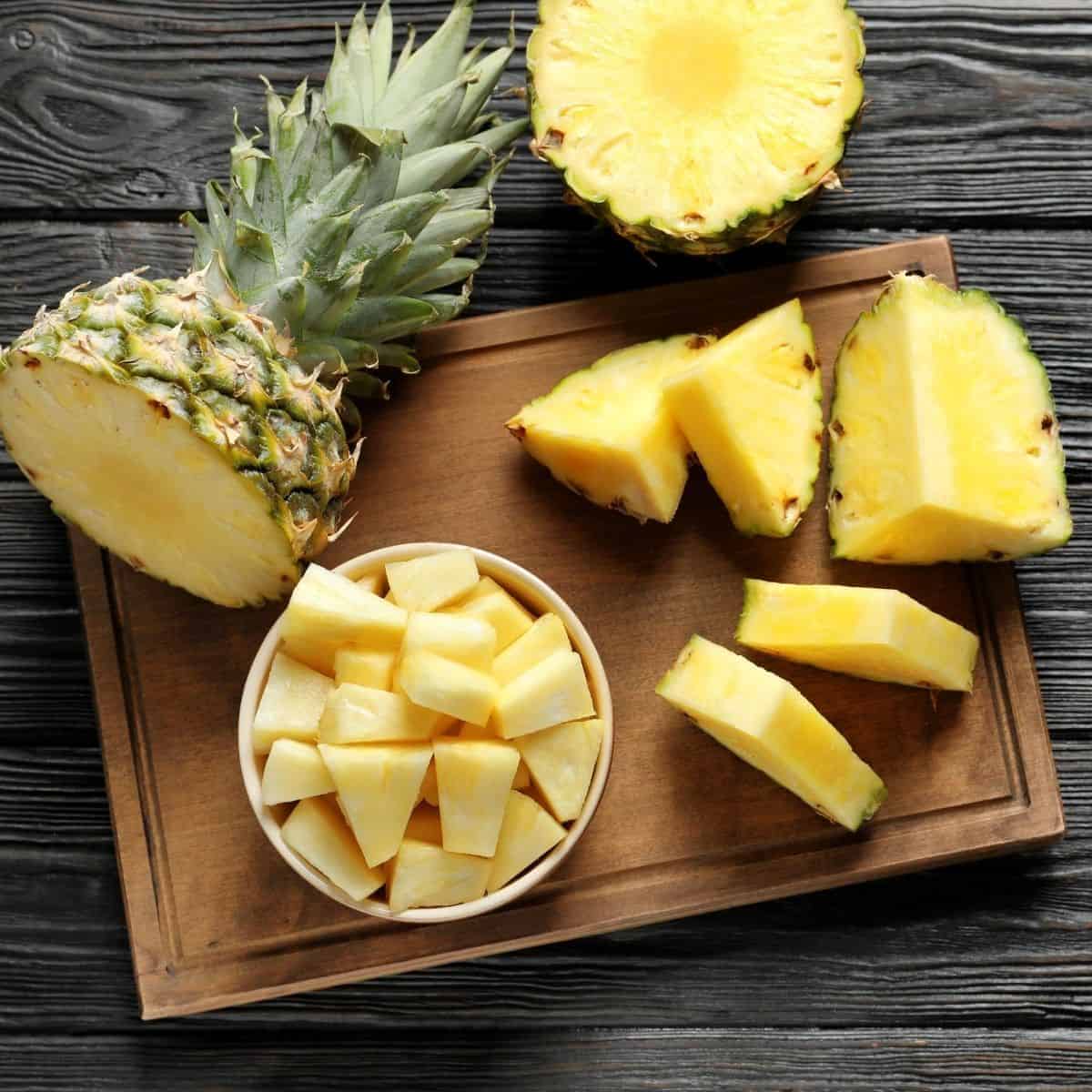
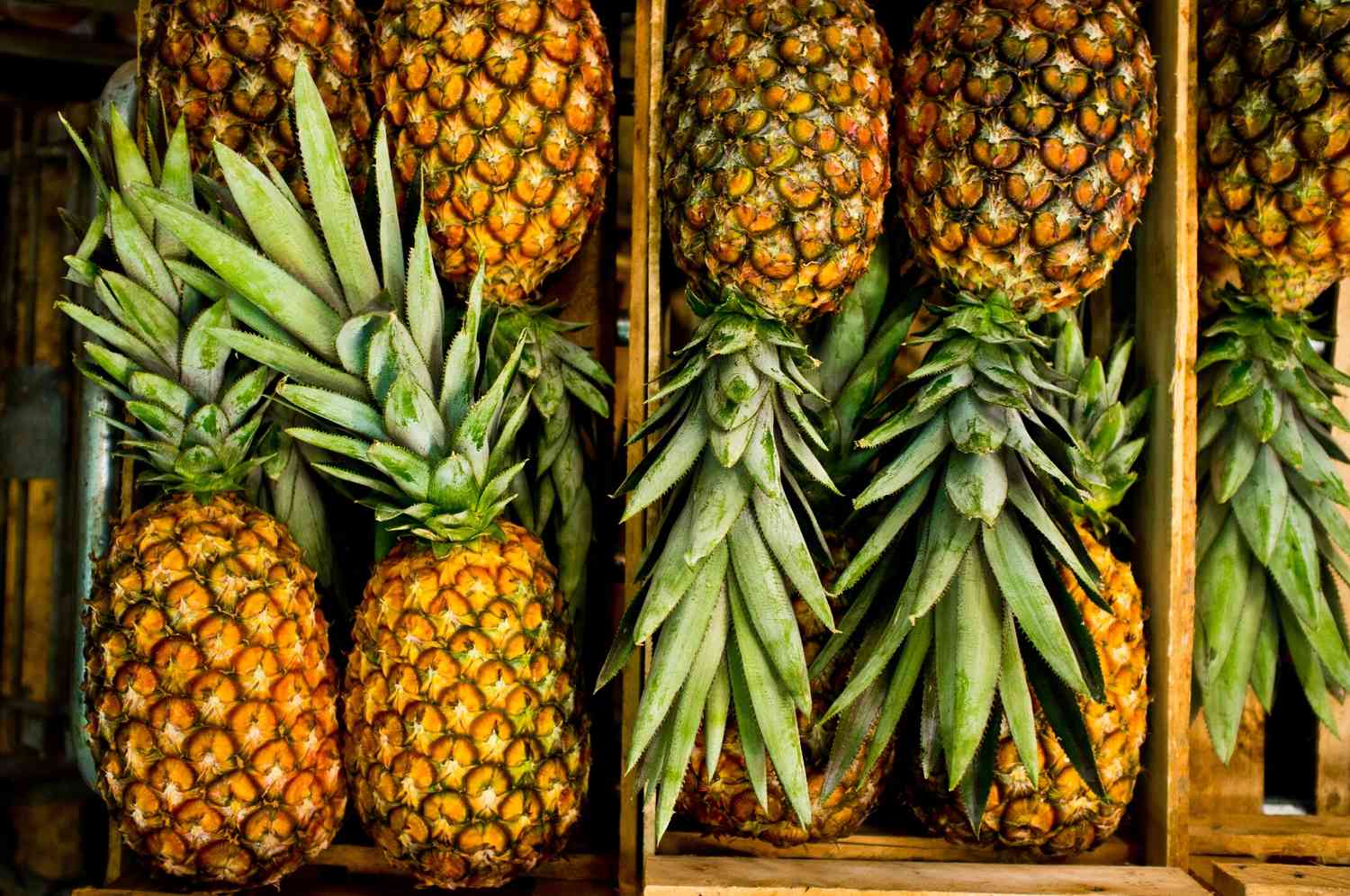
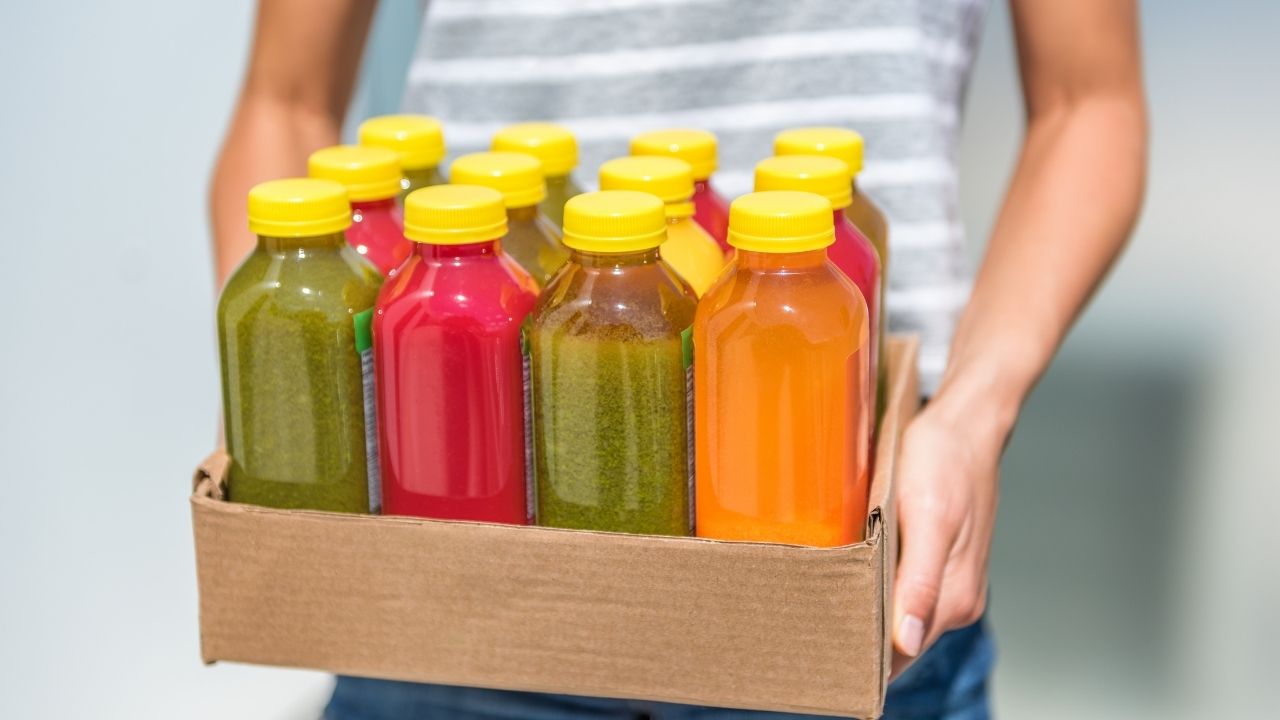
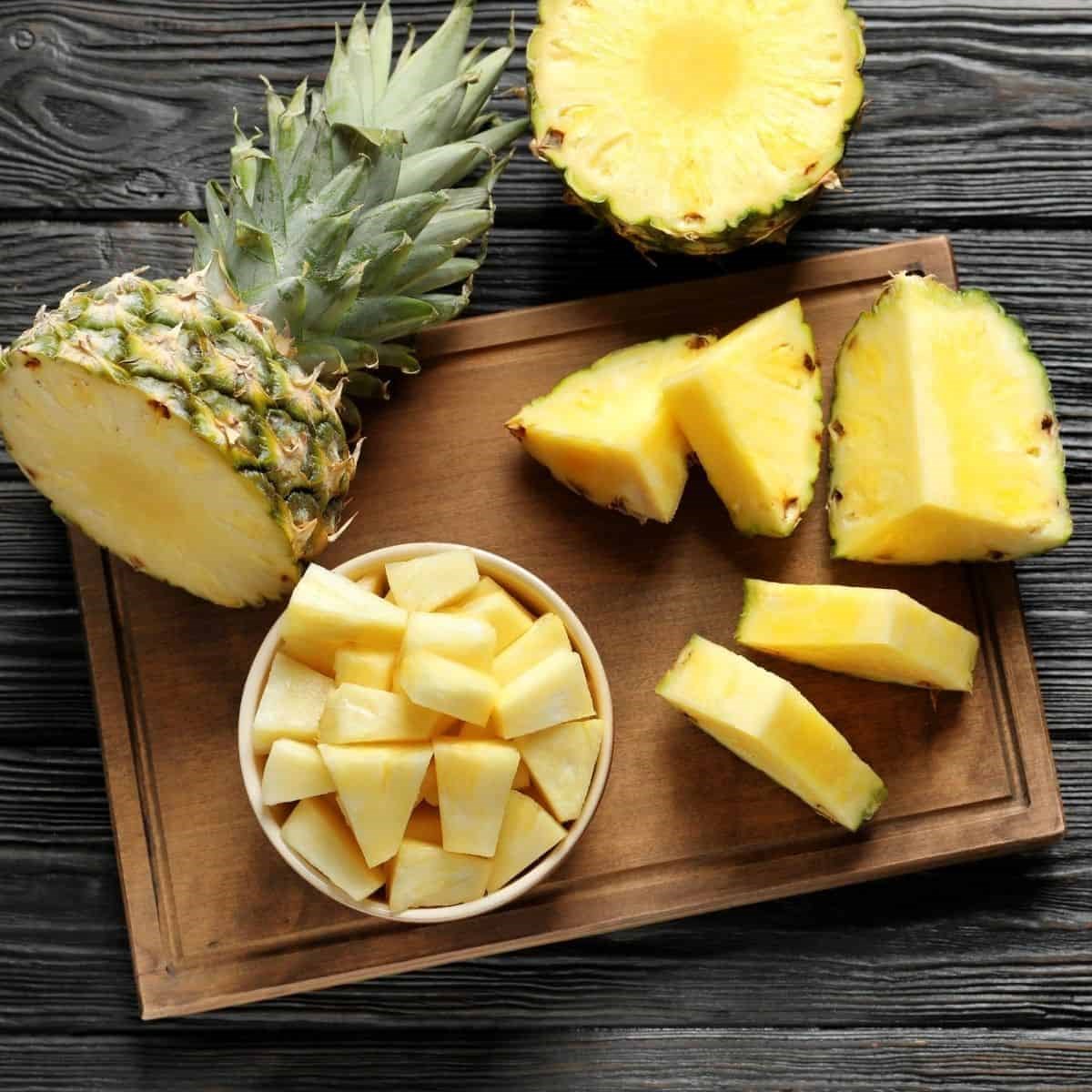
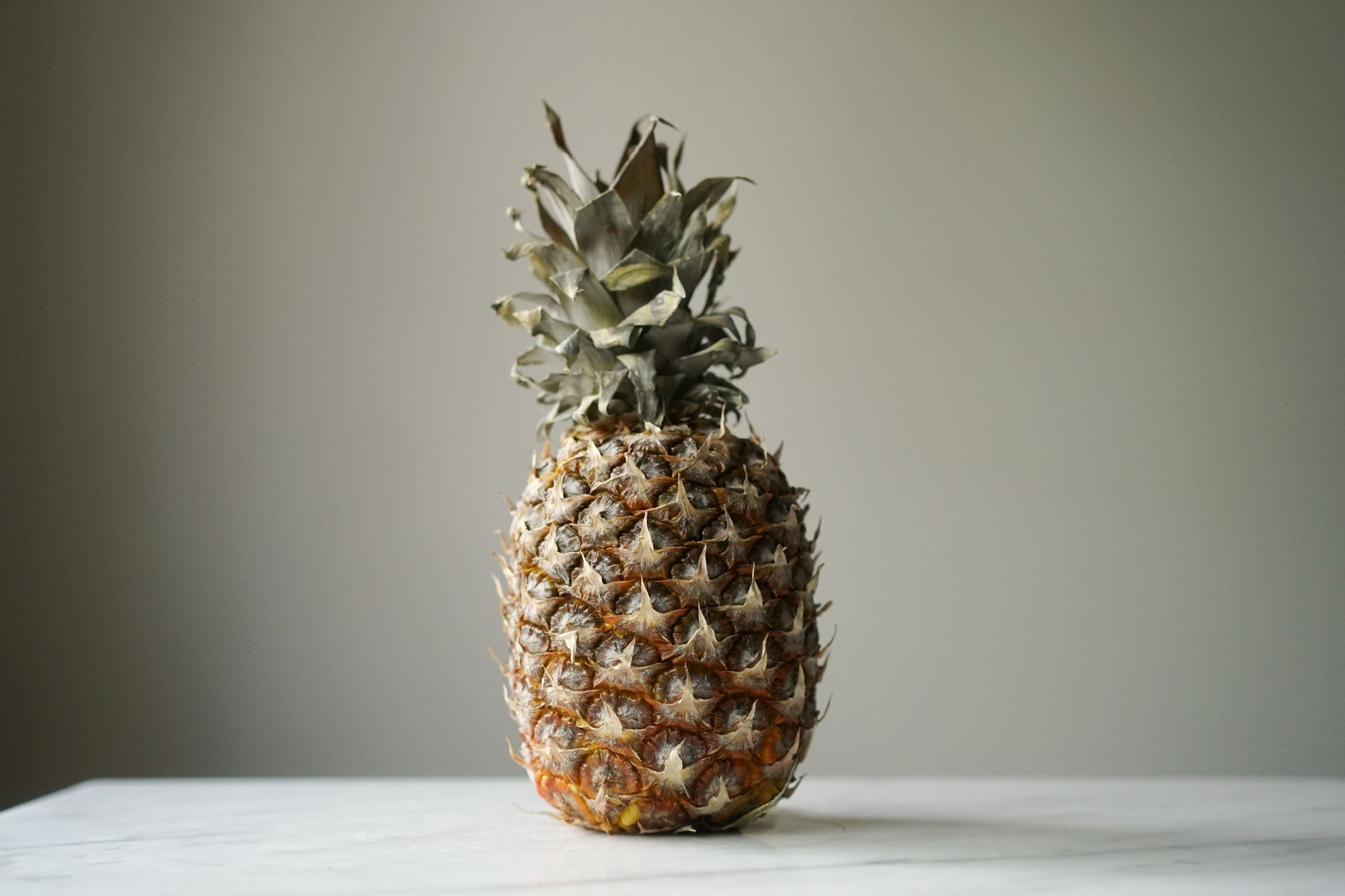
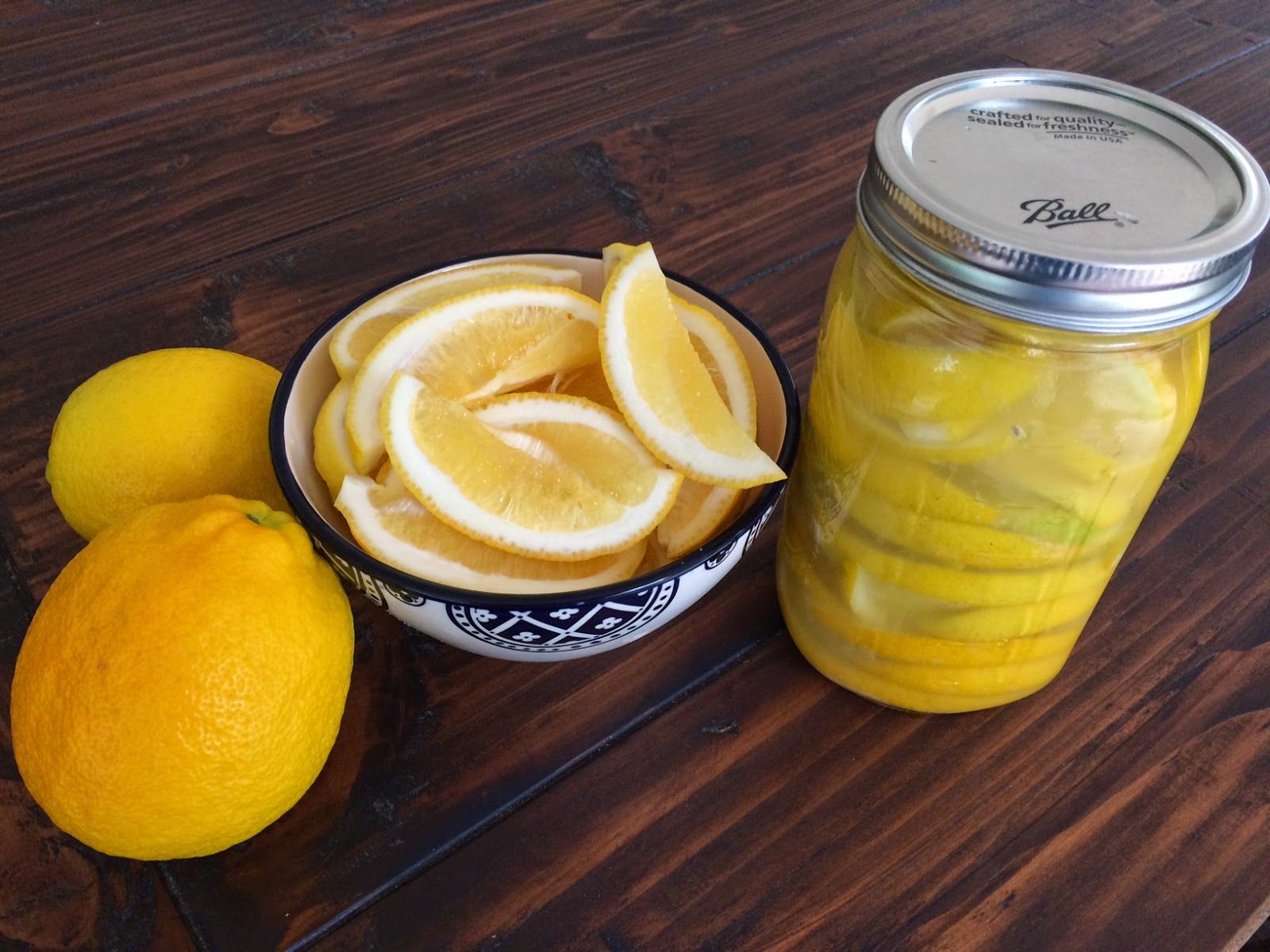
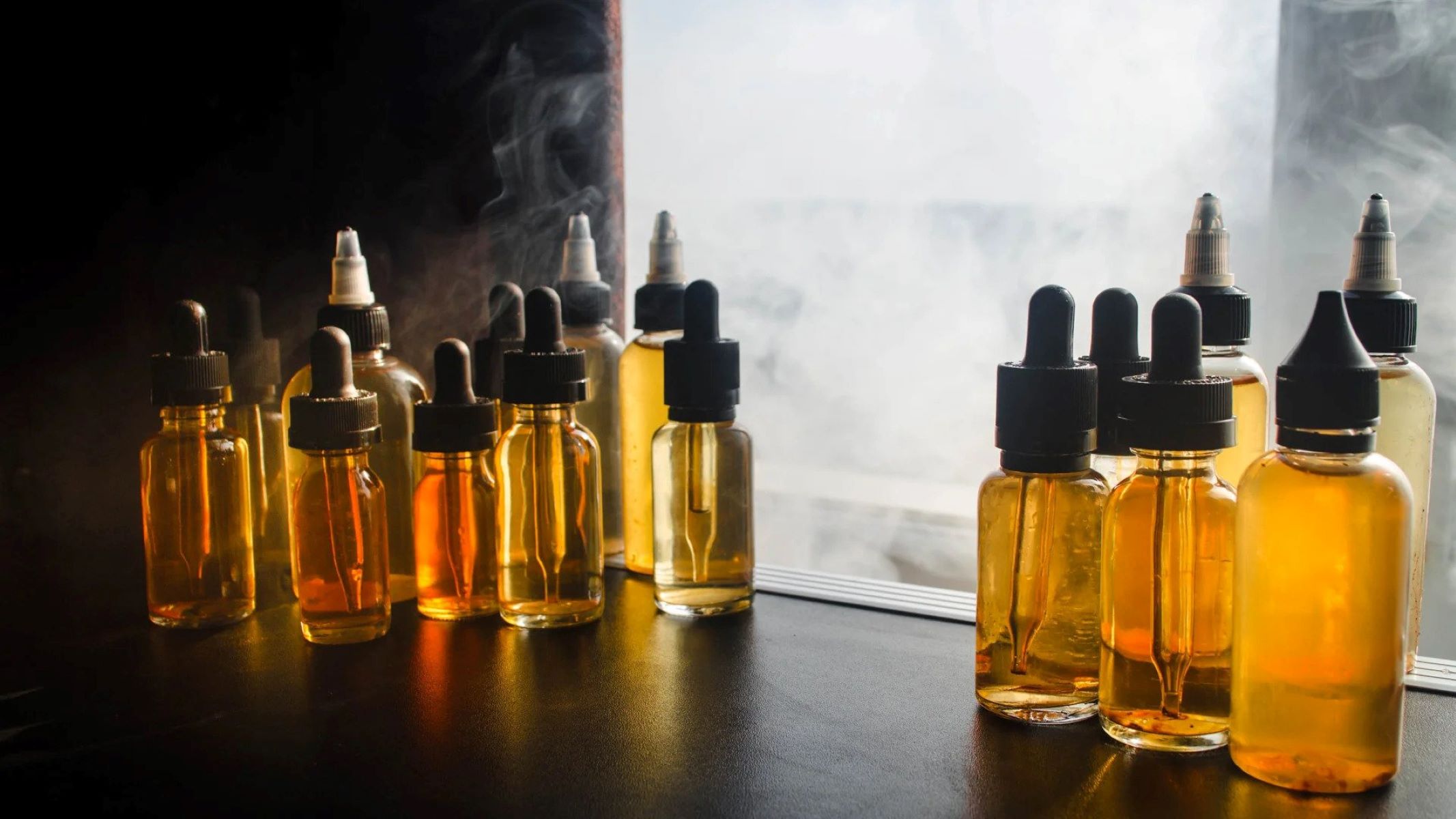

0 thoughts on “How To Store Pineapple Juice”